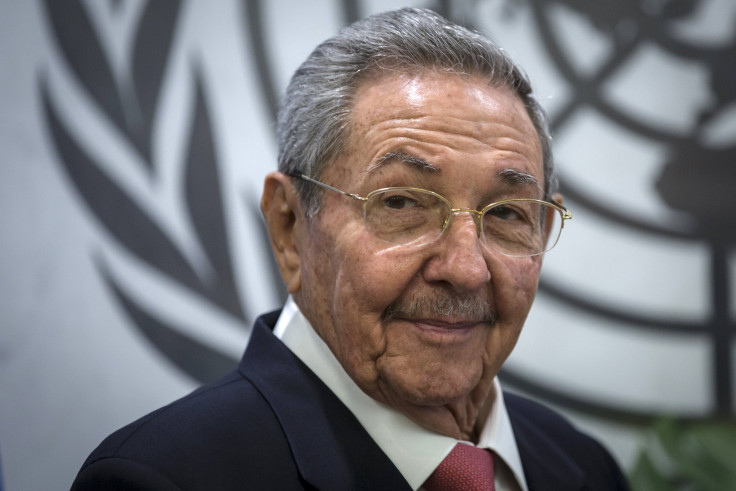Cuba’s Castros Are Clearly Robust, Raul Quips After 85th Birthday

The day after his 85th birthday, Cuban President Raul Castro quipped the Castros were clearly “robust and long-lived” and he could easily manage several more five-year terms although he would stick to his promise to step down in 2018.
Castro took the presidency nearly a decade ago from his older brother Fidel, who by then was already one of the world’s longest-serving leaders, having taken power in a 1959 uprising that ousted a U.S.-backed dictator.
“The Castros are robust and long-lived. I turned 85 on Friday, which proves this, and could manage several more five-year terms,” Raul said in the opening speech of a summit of Caribbean countries in Havana, sparking laughter among attendees that included embattled Venezuelan President Nicolas Maduro.
“But as I have already said on different occasions ... I will leave the presidency on the 24th of February, 2018.”
Fidel Castro, who claimed he survived more than 600 attempts on his life mainly masterminded by the United States, will turn 90 this year and shocked some Cubans at the Communist Party Congress in April by musing about death.
“Soon I will be 90 years old,” he said. “Soon I will be like all the rest. Everybody’s turn comes.”
In view of the advanced age of many of Cuba’s leaders, Raul proposed an age limit of 70 for top Communist Party officials ahead of the congress, raising expectations veterans would begin to step aside.
Instead Raul and fellow octogenarian Jose Ramon Machado Ventura were re-elected as first and second secretaries respectively for further five-year terms.
This means Raul will remain party chief even after he steps down as Cuba’s president, unless he resigns from that post.
© Copyright Thomson Reuters 2024. All rights reserved.











